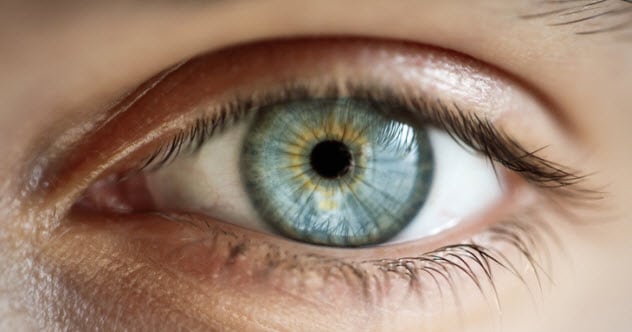Now Reading: Debate on Teens and Phone Use Fails to Reach Consensus
-
01
Debate on Teens and Phone Use Fails to Reach Consensus
Debate on Teens and Phone Use Fails to Reach Consensus

Quick Summary
- Researchers attempted to reach a consensus on the impact of smartphones and social media on adolescent mental health but faced disagreements.
- A “consensus statement” led by Valerio Capraro and co-authored by over 100 experts examined the effects of smartphone usage, including claims from Jonathan Haidt’s book The Anxious Generation.
- Key agreements among experts:
– 99% agreed adolescent mental health had declined in Western nations.- 98% agreed heavy smartphone use correlates strongly with sleep disturbances.
– More than 94% agreed young girls face specific issues like self-comparison, online sexual harassment, and pressures of perfectionism.
- Disagreements persisted regarding causation versus correlation. Many researchers emphasized that current evidence is only correlational, not causal.
- Policy actions like phone bans in schools or age restrictions where supported by only 52%.
- Some researchers outside the consensus questioned its validity due to potential sampling bias and lack of balanced viewpoints on positive impacts.
Image Credit: Drazen Zigic/Getty Images
Caption: Are teenagers at risk of harm from smartphones? Experts disagree
Indian Opinion Analysis
This debate underscores the complexities surrounding smartphone regulation for adolescents. While there is broad agreement about declining mental health trends and correlations between phone use and sleep disturbances, the absence of causal evidence complicates policy-making. India’s policymakers may face similar dilemmas as they weigh immediate action against further research requirements in a rapidly evolving digital landscape.
With growing smartphone penetration among Indian youth-a unique demographic experiencing socio-economic changes-any regulation will require context-specific considerations addressing both risks like cyberbullying and potential benefits such as connectivity for educational purposes. Decisions should be data-driven but also account for gaps highlighted globally within existing studies.


























